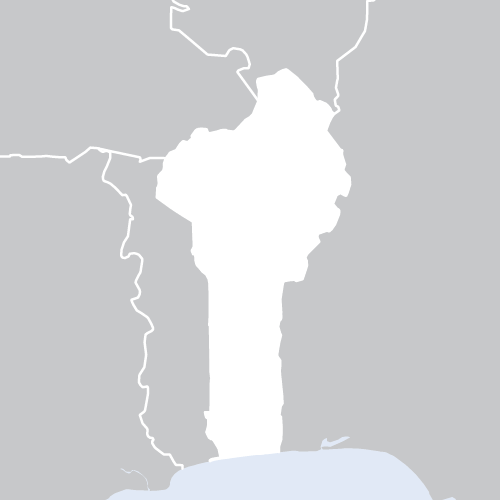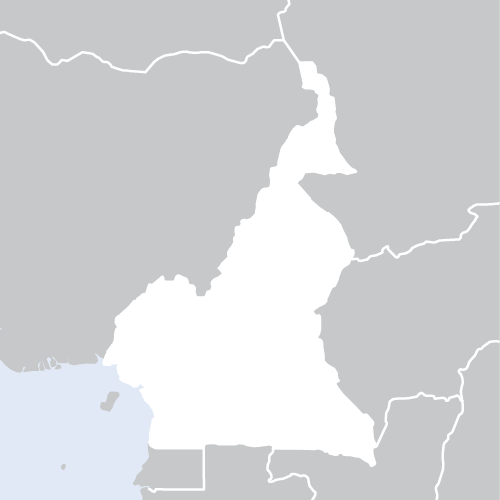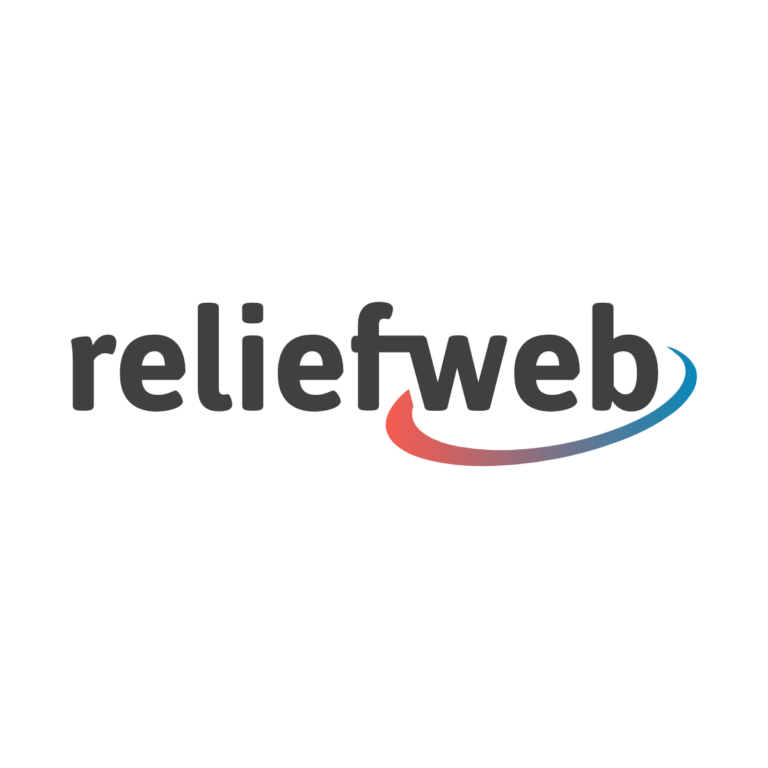Benin + 9 more
Humanitarian Operation – Admin-Finance
Catholic Relief Services a Development Organization is seeking qualified, experienced, and highly motivated Humanitarian Operation – Admin-Finance who will support the Finance department’s management of accounting systems, policies and procedures in compliance with CRS’ established accounting standards, Generally Accepted Accounting Principles (GAAP), donors’ rules and regulations, and legal requirements to support high-quality programs serving the poor and vulnerable. As part of an experienced finance team, he will help coordinate daily financial activities through preparation and delivery of financial services.
This is a remote position; CRS will give preference to candidates based in countries of the Central African Region where we have offices (Benin, Burundi, Cameroon, CAR, Chad, Congo, DRC, Nigeria, Rwanda, Togo).
CRS does not sponsor visas for remote employees.
Primary Responsibilities:
- Develop records system and archiving all HRD Grant and SR agreement and amendment with all key financials reports.
- Perform due diligence as needed.
- Serve as preparer role in Insight for all assigned RFGS and Reports for Suppliers and Sub-Recipients.
- Alert the Management on all agreements end date for action (No Cost Extension, Modification or Closure).
- Review and supporting documentation of financial transactions to ensure all required documents are accurate and complete.
- Help ensure maintenance of all data required for processing financial transactions for assigned accounts in Insight financial accounting package.
- Record delegated financial transactions following appropriate authorizations. Review various accounts to detect irregularities.
- Ready to assist Budget Holder to prepare sub-Recipient Agreement including ARS.
- Assist on subrecipient financial management processes in accordance with policy and help strengthen capacity of partner in financial accounting and transactions. Prepare delegated financial reports, as needed.
- Help share information with subrecipients and staff on financial accounting policies and procedural compliance issues.
- Review various accounts to detect irregularities. Ready to prepare sub-Recipient Agreement including ARS,
- Help evaluate subrecipient financial management processes in accordance with SRFMP and help strengthen capacity of partner in financial accounting and transactions. Run a monthly BCR, Aging Report,
- Prepare delegated financial reports, as needed,
- Help share information with subrecipients and staff on financial accounting policies and procedural compliance issues.
- Maintain the FMV plan for all partners.
- Perform remote interim Financial Monitoring Visit and implement final financial monitoring visit. Prepare financial report for grants on demand.
Qualifications and Experience:
- B.A. degree in Accounting, Finance, Economics, Business Administration strongly preferred. Courses in accounting, or a qualification in accounting (CPA/ACCA or equivalent).
- Minimum of two years accounting experience, preferably with an international or local NGO, or a financial/banking institution.
- Knowledge of technical principles and concepts in Humanitarian Operations, with special focus on finance. General knowledge of other related disciplines to ensure proper cross-sectoral approach.
- Experience in project design and proposal development. Experience in writing content for proposals.
- Experience with program monitoring and evaluation and analysis.
- Proven experience in establishing and maintaining effective partnerships and in building the capacity of local organizations.
- Knowledge of capacity strengthening best practices. Proven expertise in coordinating operations management and procedures training programs to support the development of emergency response staff.
- Demonstrated knowledge of and ability to navigate the humanitarian coordination system.
- Experience and skills in networking and relations with donors, peer organizations, and faith-based and civil society partners. Understanding of partnership principles.
- Knowledge of CRS programming, Integral Human Development, SPHERE standards, Core Humanitarian Standards and Catholic Social Teaching principles preferred.
- Demonstrated knowledge/experience of integrating cross-cutting themes such as capacity strengthening, protection mainstreaming, gender, good governance, and peacebuilding.
- Knowledge of the relevant public donors’ regulations will be highly desired
- Budgeting and budget management experience required.
Required Languages
- Fluency in French; professional proficiency in English, Spanish, Arabic or Portuguese preferred.
Personal Skills
- Strong finance management and accounting software user skills required.
- Extremely flexible and have the ability to cope with stressful situations in emergency environments.
- Strong relationship management skills with ability to influence and get buy-in from people not under direct supervision and to work with individuals in diverse geographical and cultural settings
- Good strategic, analytical, problem-solving and systems thinking skills with capacity to see the big picture and ability to make sound judgment and make decisions independently. Excellent interpersonal and negotiation skills
- Ability to work both as a motivating member and a leader of a diverse team
- Demonstrated ability to provide leadership in strategic planning initiatives
- Proven ability to analyze reports or issues and to provide appropriate recommendations required.
- Strong knowledge of effective management practices desired. Experience with staff care in emergency settings.
- Good technical writing skills. Presentation, facilitation, training, mentoring, and coaching skills
- Proactive, resourceful and results oriented. Familiarity the relevant public donors’ regulations a plus.
- Proficient in MS Office packages (Excel, Word, PowerPoint), Web Conferencing Applications, information and budget management systems, knowledge-sharing networks, financial accounting package or similar financial reporting software a plus.
- Knowledge of commodity accounting package or similar software highly desired.
- Familiarity with the application of ICT and GIS products in emergency preparedness and response an asset.
- Required Travel: The Humanitarian Operations Technical Advisor will be required to travel at least 50% of time often at very short notice (within 48 hours) and for an average of four weeks (with a maximum of two consecutive months under exceptional circumstances).
- Disclaimer: This job description is not an exhaustive list of the skill, effort, duties, and responsibilities associated with the position.
How to apply
Application Process:
Application files including Cover letter and CV, 3 References, and copies of relevant supporting documents to the application should be forwarded to:
The Resident Representative
PO Box 1851, Yaoundé – Cameroon or by email to: crscameroon@crs.org specifying “**Humanitarian Operation – Admin-Finance “**in the e-mail subject line.
Closing date**: October 30th, 2024,** at 16:30 pm
Incomplete applications or applications received after the deadline will not be considered.
This is a local position and is only open to nationals of the countries listed above ((Benin, Burundi, Cameroon, CAR, Chad, Congo, DRC, Nigeria, Rwanda, Togo) who are present in the country.
Females’ candidates are strongly encouraged to apply, and only shortlisted candidates will be contacted.
By applying to this job, I understand and acknowledge that this organization requires its staff to treat all people with dignity and respect and to actively prevent harassment, abuse, exploitation, and human trafficking. Further, I understand that if I am a successful candidate, I will be subject to a comprehensive background check, and my personal/professional references will be asked to evaluate my behaviors related to the agency Safeguarding Policy


